St Ignatius’ students prepare for national finals
Schools
Innate curiosity and an interest in science from a young age has led St Ignatius’ College student Silas Hansch-Maher on the path to the national finals of the Australian Brain Bee Challenge (ABBC).
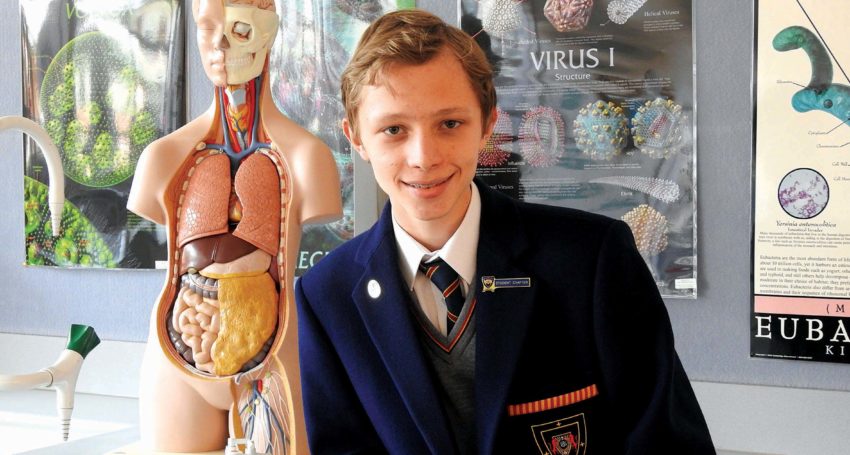
Silas won the State final of the ABBC, which is a competition for Year 10 students to learn about the brain and its functions, discover the latest in neuroscience research and dispel misconceptions about neurological and mental illnesses.
The organisers of the competition, the Australasian Neuroscience Society, were so impressed with Silas’ work, and his near perfect scores, they described him as the “most promising competitor to date”.
He will next compete in December’s national ABBC finals in Brisbane and, as part of his preparation, will receive tuition about neuroanatomy.
Advertisement
“The organisers’ comments make me very happy that I was able to do so well and are a nice confidence boost going into the national finals,” Silas said.
“At the same time, it does make me feel like there is more pressure on me to do well at the national finals.”
Upon first entering the ABBC program, Silas hoped to simply learn some interesting new information.
“I think the best part about the South Australian finals was the opportunity to listen to people who were studying and researching in the area of neuroscience, which really opened my eyes to how expansive the field of neuroscience is,” he said.
“I enjoy science because so much of it is learning about how things work and ever since I was young, I’ve always been fairly curious so science is a way of appeasing my curiosity.”
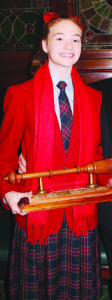
While Silas prepares for the December final, fellow Saint Ignatius’ student Evelyn Vincin Walker (pictured above) is getting ready, for the second year, to compete in the national final of the Legacy Junior Public Speaking Award.
Advertisement
The competition aims to enhance the communication and public speaking skills of students aged between 12 and 14 years. Participants are required to prepare a five-minute speech about a topic of their choice and also give an impromptu two-minute talk, with just five minutes’ preparation time, about an issue chosen by the organisers.
At the State final Evelyn spoke about personal sacrifice and how people constantly feel the need to define themselves by one characteristic.
Evelyn, 14, said she loves taking part in competitions like this.
“I thoroughly enjoy the atmosphere of competitions and being surrounded by like-minded people who present incredibly intelligible arguments and facts,” she said.
“Speaking to a group of adults, some of whom are there to judge me, does not feel scary in the least. Instead, it gives me a sense of empowerment that they are all listening to me and care about what I have to say.
“Public speaking groups in schools, or organised groups such as Rostrum, are a great way to simply develop skills. Even watching TED Talks can be beneficial.”



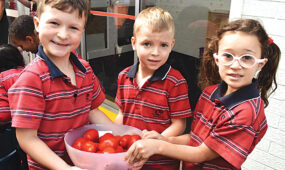
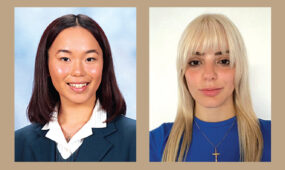
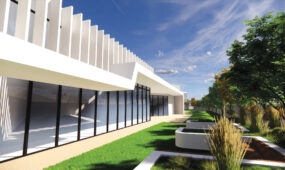
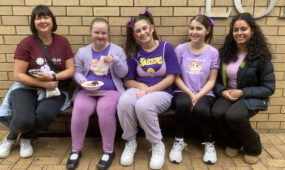

Comments
Show comments Hide comments